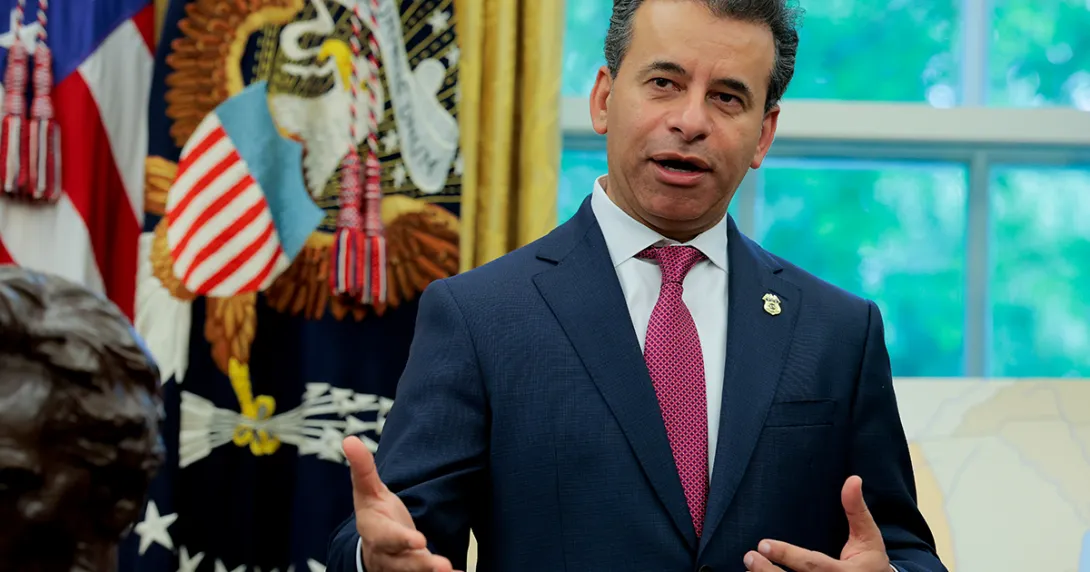
The Elsa generative AI tool was rolled out agency-wide after "a very successful pilot program with FDA’s scientific reviewers," said Commissioner Marty Makary.
Photo: Anna Moneymaker / Getty Images
The U.S. Food and Drug Administration on Monday announced the launch of a new generative AI technology that agency leaders said will help its employees do their jobs more efficiently.
WHY IT MATTERS
The tool, called Elsa, is meant to "modernize agency functions," according to FDA officials, and make use of AI capabilities to drive efficiencies and "better serve the American people."
The large language model-powered tech can help summarize adverse events to support safety profile assessments, perform faster label comparisons and generate code to help develop databases for nonclinical applications, according to the FDA.
The agency had already been using the genAI tool to help streamline clinical protocol reviews and reduce the time needed for scientific evaluations and the identification of high-priority inspection targets.
Going forward, Elsa – billed as the first step "in the FDA’s overall AI journey" – will be used across the administration to improve operational efficiency, with plans, as the tool is refined, to integrate it with more use cases, such as data processing, according to agency officials.
Developed and built within a high-security GovCloud environment, the AI offers a secure platform for FDA employees to access internal documents while ensuring all information remains within the agency.
The agency notes that the models are not trained on data submitted by regulated industry and is designed to safeguard the sensitive research and data handled by FDA staff.
THE LARGER TREND
Within the first three days of the second Trump administration, the White House rescinded President Biden's previous executive order on artificial intelligence and replaced it with one of its own.
The EO put a strong emphasis on rolling out AI aggressively across all corners of the federal government and instructed heads of executive departments and agencies to put forth an action plan for how AI should be implemented in their agencies.
Of course, the FDA has been keenly focused on AI and its myriad applications across healthcare for years, from medical devices to clinical decision support to imaging and beyond.
Just this past January, the agency published new draft guidance to developers of AI-enabled medical devices. More recently, the agency has been tasked with overseeing new attempts to use AI for prescription of FDA-approved medications.
ON THE RECORD
"Following a very successful pilot program with FDA’s scientific reviewers, I set an aggressive timeline to scale AI agency-wide by June 30," said FDA Commissioner Dr. Marty Makary in a statement. "Today’s rollout of Elsa is ahead of schedule and under budget, thanks to the collaboration of our in-house experts across the centers."
"Today marks the dawn of the AI era at the FDA with the release of Elsa, AI is no longer a distant promise but a dynamic force enhancing and optimizing the performance and potential of every employee," added FDA Chief AI Officer Jeremy Walsh. "As we learn how employees are using the tool, our development team will be able to add capabilities and grow with the needs of employees and the agency."
Mike Miliard is executive editor of Healthcare IT News
Email the writer: mike.miliard@himssmedia.com
Healthcare IT News is a HIMSS publication.


